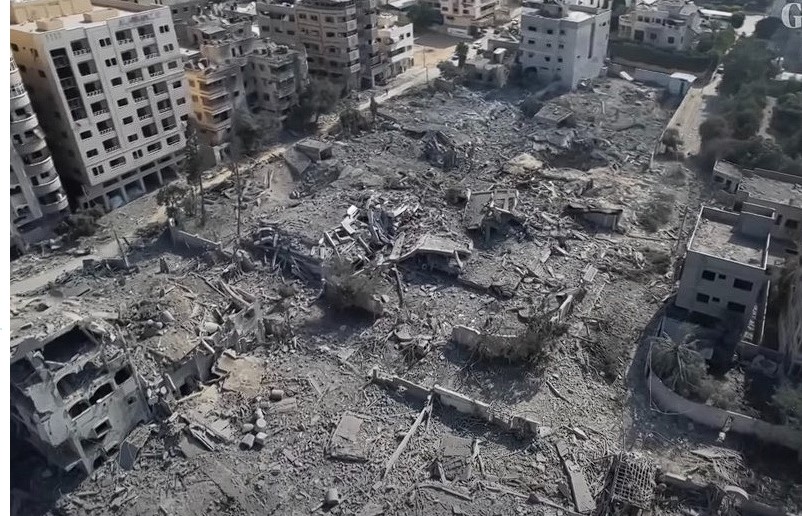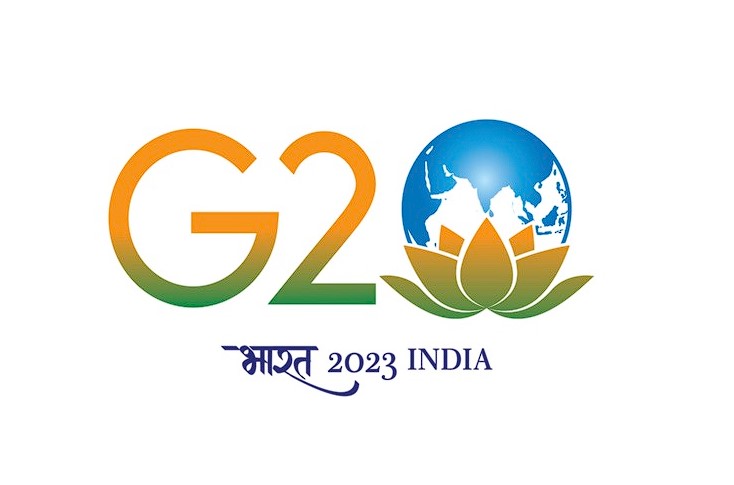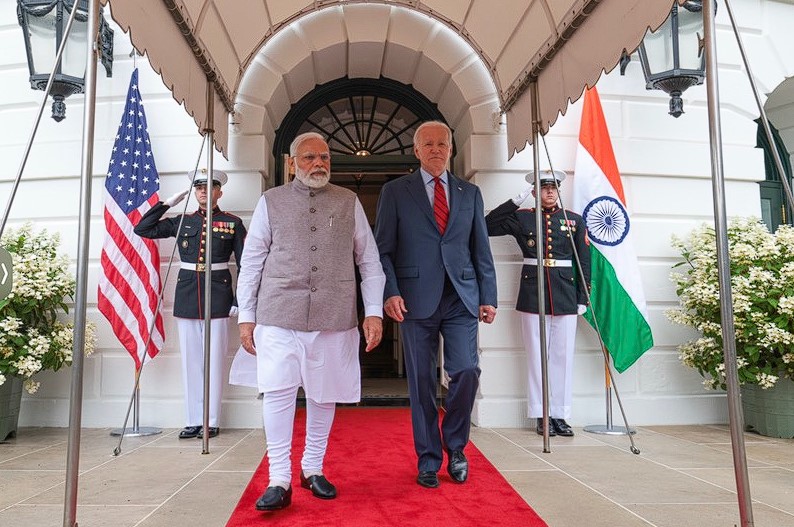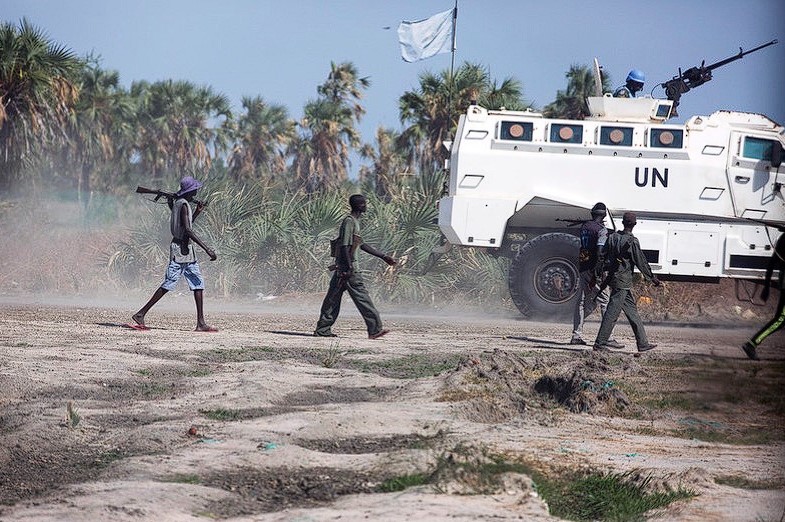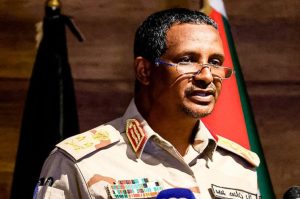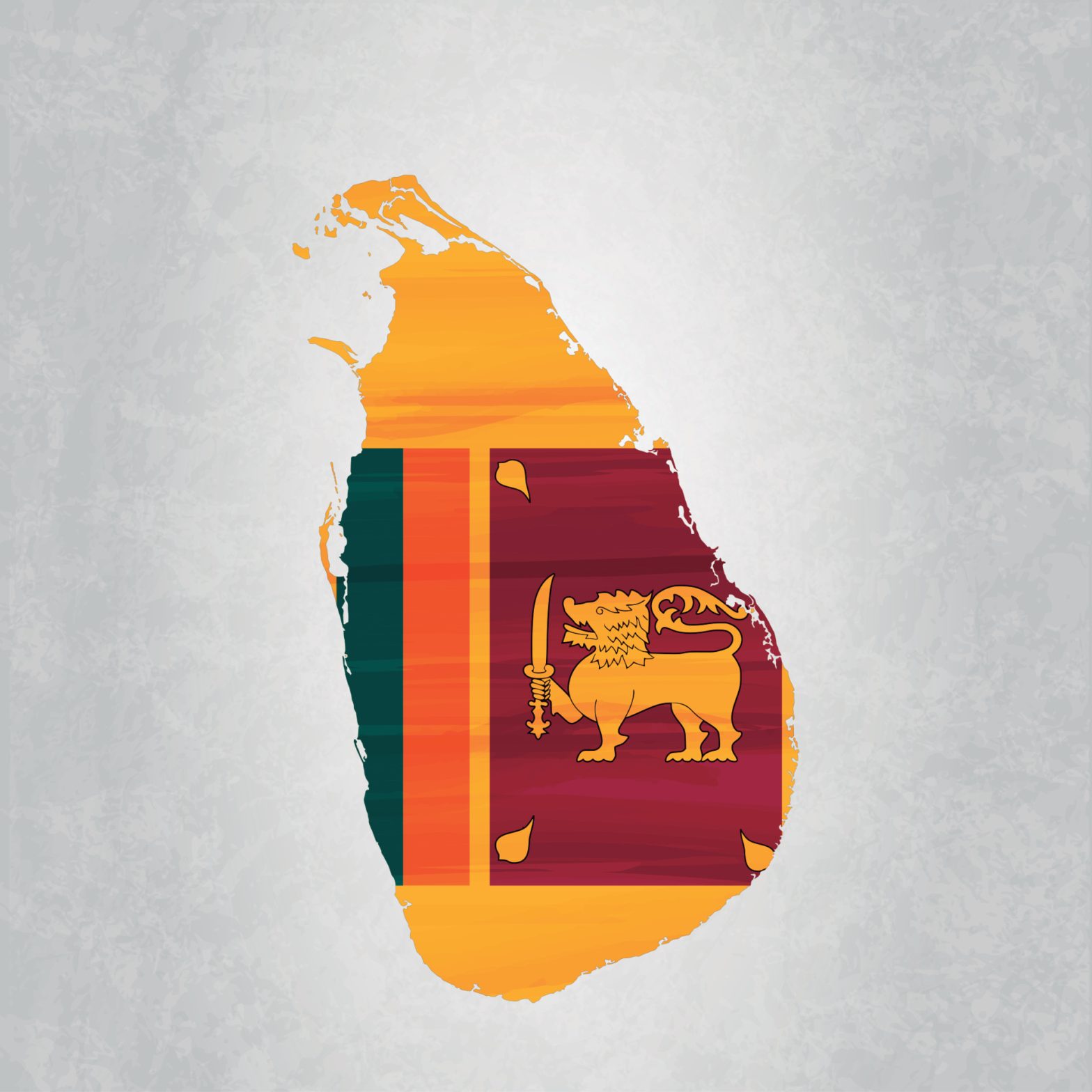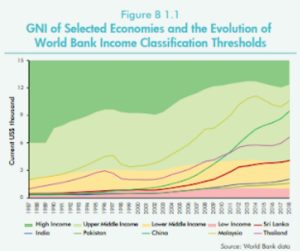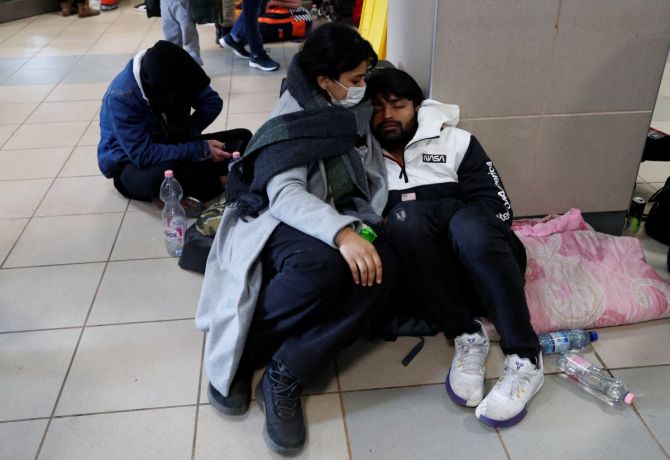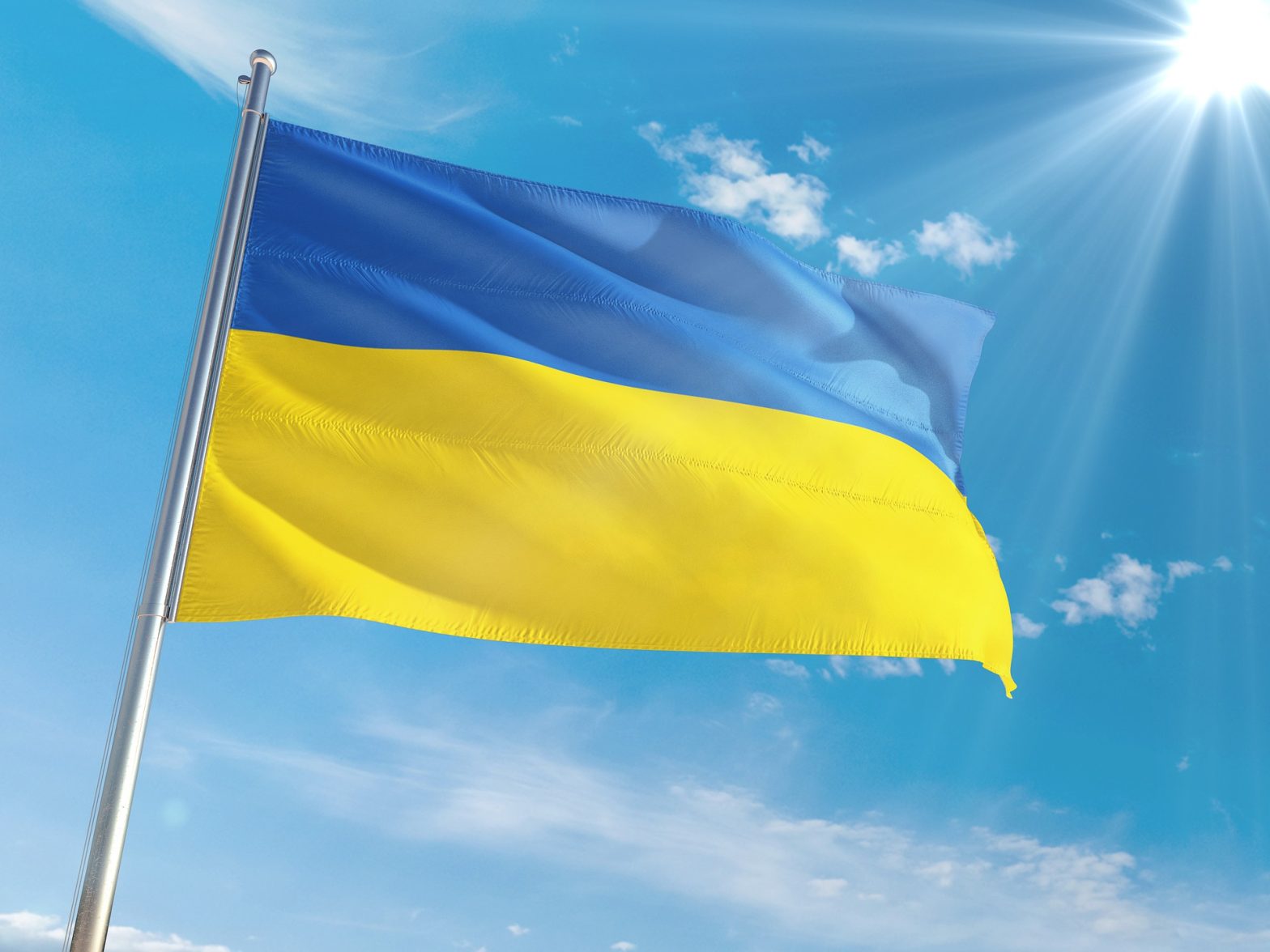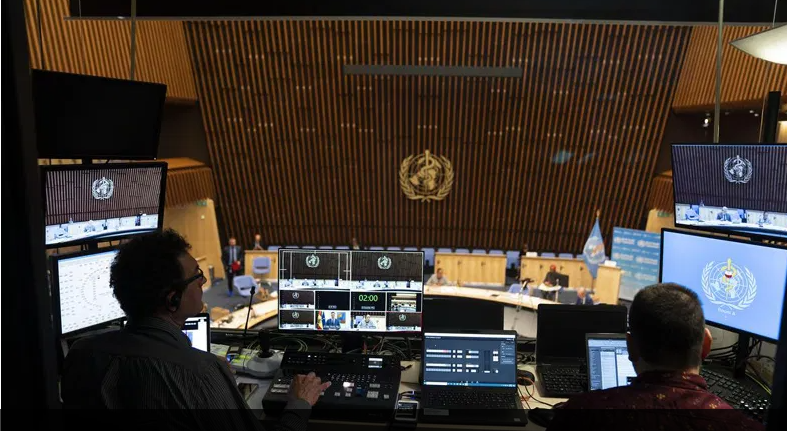The Israel-Palestine War Shows The Moral Bankruptcy Of Global Leaders
The moral bankruptcy of political leaders in the West, starting with Biden, is shocking, though not exactly surprising.
As I contemplate the horrendous dance of death initiated by Hamas, branded as terrorists by Israel and its Western allies cum benefactors, and hailed as freedom fighters by some who support the Palestinian cause—a rather diminishing tribe—what should strike anyone is the proliferation of moral bankruptcy in our times.
On 7 October 2023, as Israel was concluding a festival—Sukkot— the Israeli intelligence was sleeping as soundly as its U.S. counterpart, enabling Hamas to destroy the observation towers across the border. Innocent citizens, some enjoying a night-long music festival, were caught, killed on the spot, or removed across the border as hostages.
Prime Minister Netanyahu’s claim, repeated ad nauseum that he alone could protect Israel, has been blown up. The Times of Israel has reported that Egypt had forewarned Israel of the likelihood of a big attack by Hamas. It seems Netanyahu, heavily dependent on the Jewish far-right, as his party lacks a majority in the Knesset, ignored the warning. The far-right violating the sanctity of Al Aqsa Mosque in East Jerusalem needed the presence of security forces there.
That Egypt had provided advance intelligence has been corroborated in Washington also. The House of Representatives Foreign Affairs Committee head, Michael McCaul, confirmed that there was advance intelligence.
However, for the moment, Israel has united behind Netanyahu, with the Opposition joining the war cabinet. The key question is: Is the cabinet only for conducting war, or will it work for a ceasefire to be followed by negotiations to resolve the root cause of the attack by Hamas?
The killing of innocent civilians or taking them away as hostages by Hamas is reprehensible. The Hamas leadership undoubtedly stands condemned in the court of humanity. However, stopping there without enquiring into the root cause is unpardonable.
In this context, it is necessary to point out that the Western media, in general, have chosen to ignore the root cause, namely, the Occupation by Israel of territories belonging to the State of Palestine as stipulated in the U.N. General Assembly Resolution 181(11) of 1947.
Israel is the only state begotten by U.N. Resolutions and terrorism. Referring to the terrorist attack on King David Hotel (1948), the historian, Prof. Mordechai Golani, says the attack ‘stained our history.’ It was an act of terror.
The U.N. plan was to have two states—Israel and Palestine—with Jerusalem as an international city. Count Folke Bernadotte, the mediator appointed by the U.N.Security Council, was assassinated by a terrorist group—Lehi—whose leader, Yitzhak Shamir, was prime minister (1986-92). Bernadotte had saved at least 20,000 Jews from German concentration camps.
In the 1967 war, Israel captured Palestinian territories, including Gaza and the West Bank. As per U.N. Security Council Resolution 242 (1967), Israel was to vacate these territories.
The English version said, “occupied territories,” leaving it vague, without necessarily implying that Israel had to vacate from all such territories. The French version with the words “des territoires occupies” made it clear that Israel was to vacate from all the occupied territories.
London and Washington used Jesuitical arguments and upheld the English version. However, Israel, supported by Washington, brazenly ignored the Security Council Resolution, causing the 1973 October War. Another U.N.S.C. Resolution 338 (22 October 1973) brought in a ceasefire and urged the implementation of 242.
Israel was in no hurry to comply. The Oslo Accords (1993 and 1995) envisaged a ‘two states’ solution. This solution has not been pursued seriously because Israel, the only state existing, does not want a second state to be born.
Israel has been able to get away with impunity only because of Washington’s support. In short, the root cause of the horrific attack by Hamas and the atrocious response by Israel is the refusal of Israel to abide by U.N.S.C. Resolutions and the agreements it has solemnly signed.
The relations between Israel and the U.S. are worth studying. The recipient of military aid to the tune of $3.3 billion a year—working out to $471 per head for the Jews in Israel—can practically dictate to the donor its policy towards the region. John Joseph Mearsheimer and Stephen Martin Walt, in their book, The Israel Lobby and U.S. Foreign Policy (2007), have convincingly expounded all this.
President Biden’s repeated statements supporting Israel when it is brazenly violating international law by carpet bombing Gaza might shock us, but it should not surprise us. Washington has sent a task force with two aircraft carriers to the eastern Mediterranean. The purpose, ostensibly, is to deter Iran, Hizballah, Syria or anyone else from lending support to Hamas. Washington claims that without Iran’s assistance Hamas could not have carried out its operations. However, despite desperately searching for it, Washington has not, till now, shown any evidence of Iran’s involvement in Hamas’s attack on Israel.
Israel has given an ultimatum to the Palestinians in the Gaza city to move to the south. The IDF (Israeli Defense Forces) wants to enter the area. But the IDF seem to be acting with hubris; though this is an asymmetric war, the stronger side might not always win.
The United Nations has pointed out, with painful clarity, the gravity of the humanitarian situation. More than 2 million human beings have been deprived of safe water just because they are Palestinians. No humanitarian supplies have been allowed for a week.
Displaying cruelty reminiscent of Shylock, Israel has ordered 1.1 million human beings to vacate the northern half of Gaza as the Israeli military plans to enter there looking for Hamas militants. Netanyahu wants even patients undergoing treatment to shift out. Clearly, he does not care if they die in the process.
The U.N. Secretary General Dr. Antonio Guterres has reminded Israel that it must respect the rules under which wars can be waged. He said:
"Moving more than one million people across a densely populated warzone to a place with no food, water, or accommodation, when the entire territory is under siege, is extremely dangerous–and in some cases, simply not possible. Hospitals in the south of Gaza are already at capacity and will not be able to accept thousands of new patients from the north. The health system is on the brink of collapse. Morgues are overflowing; eleven healthcare staff have been killed while on duty; and there have been 34 attacks on health facilities in the past few days."
Israel is committing genocide. Article 2 of the 1948 Convention on the Prevention and Punishment of the Crime of Genocide reads:
In the present Convention, genocide means any of the following acts committed with intent to destroy, in whole or in part, a national, ethnical, racial or religious group, as such: (a) Killing members of the group; (b) Causing serious bodily or mental harm to members of the group; (c) Deliberately inflicting on the group conditions of life calculated to bring about its physical destruction in whole or in part; (d) Imposing measures intended to prevent births within the group; (e) Forcibly transferring children of the group to another group.
Hitler termed the Jews “untermenschen” meaning subhumans. Israel’s Defence Minister Gallant has called the Gazans, ‘human animals”.
The moral bankruptcy of political leaders in the West, starting with Biden, is shocking, though not exactly surprising. However, it is of utmost importance to stop the dance of death initiated by Hamas that Netanyahu wants to continue. He should be stopped at any cost.
This article was published on madrascourier.com
